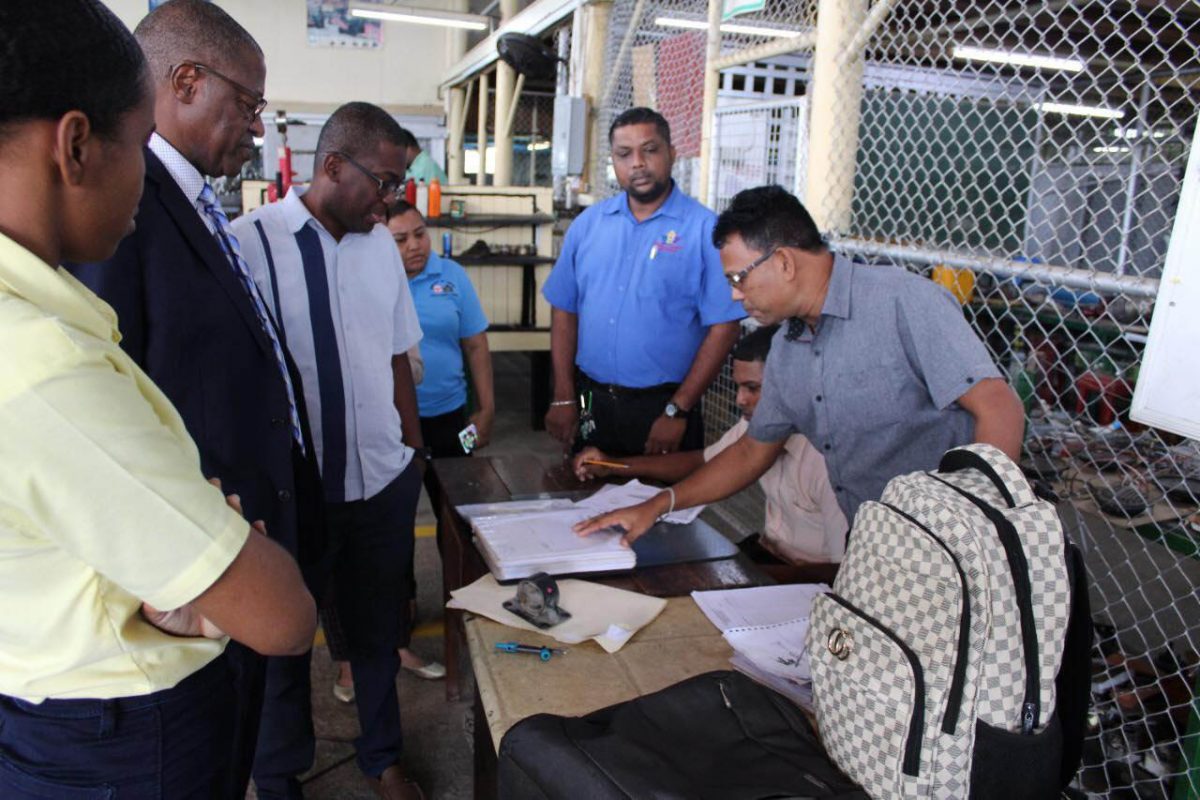By Dennis Zulu, Director, International Labour Organization (ILO) Decent Work Team and Office for the Caribbean and Yeşim Oruç, UN Resident Coordinator in Guyana, on the occasion of UN International Youth Day
Skills development and future of work
Skills development and lifelong learning is an investment in the future. Global drivers, including technological changes (such as digital transformation), environmental and climate change, changes in globalisation patterns and demographic shifts, as well as socioeconomic and health crises such as the COVID-19 pandemic, are transforming societies, economies, and the world of work. These transformations can benefit workers and enterprises but could also be disruptive, leading to more significant employment insecurities, skills mismatches, skills gaps and shortages, inequalities, and inefficiencies. Effective and inclusive skills and lifelong learning systems, especially quality apprenticeships offer the possibility to address challenges and promote better responsiveness of skills supply to current and future labour market needs overall, and contribute to human development, full, productive, and freely chosen employment and decent work for all.
Quality apprenticeship – a solution to youth unemployment and student precarity in Guyana
Governments, trade unions, employers’ associations and international organizations are all calling for strengthening or establishing quality apprenticeship systems.
Quality apprenticeships are a unique form of technical vocational education and training (TVET), combining on-the job training and off-the-job learning, which enables learners from all walks of life to acquire the knowledge, skills and know-how required to carry out a specific occupation.
Why? Quality apprenticeships are cost-effective and have the potential to lower youth unemployment rates, enhance the competitiveness of enterprises and prepare skilled workers for the rapidly changing world of work!
How? They are regulated and financed by laws, collective agreements and policy decisions arising from the social dialogue. They require a written contract detailing the apprentice’s and employer’s roles and responsibilities.
What are the benefits to youth? They also provide the apprentice with remuneration and standard social protection coverage. Following a clearly defined and structured period of training and the successful completion of a formal assessment, apprentices obtain a recognized qualification.
Focus on apprenticeships and the oil industry boom in Guyana
Guyana’s oil and gas industry is booming and creating new job opportunities. However, engineering students, for example, find it difficult to transition into the industry after graduation. Planned investments in the TVET system are therefore really timely and urgently needed. Experience from many countries has shown that quality apprenticeship programmes have the potential to improve employability. For example, Richard Maughn, Chief Executive Officer (CEO) of the Guyana Board of Industrial Training, stated that Guyana’s apprenticeship programmes had produced a 100 % employment rate after training!
With the high demand for a skilled workforce in Guyana, particularly in the oil industry, the government of Guyana requested the ILO to provide technical assistance to introduce apprenticeship programmes for university-level students. The ILO has consequently conducted an evaluation to determine the effectiveness, efficiency, and relevance of the Guyana’s apprenticeship programme for current labour market needs and realities. Information was collected through document review, interviews and discussions with Government officials, employers/workers and their organizations’ representatives, apprentices, officials of the Board of Industrial Training, and educational institutions. ILO is pleased to note that the Ministry of Labour of Guyana is fully committed to successfully design and implement the apprenticeship programme in collaboration with social partners.
The redesign of the apprenticeship programme should help boost decent employment, provide the skilled workforce needed, and reduce youth unemployment all of which are the key steps for Guyana to translate its oil and gas wealth into opportunities for young men and women.

